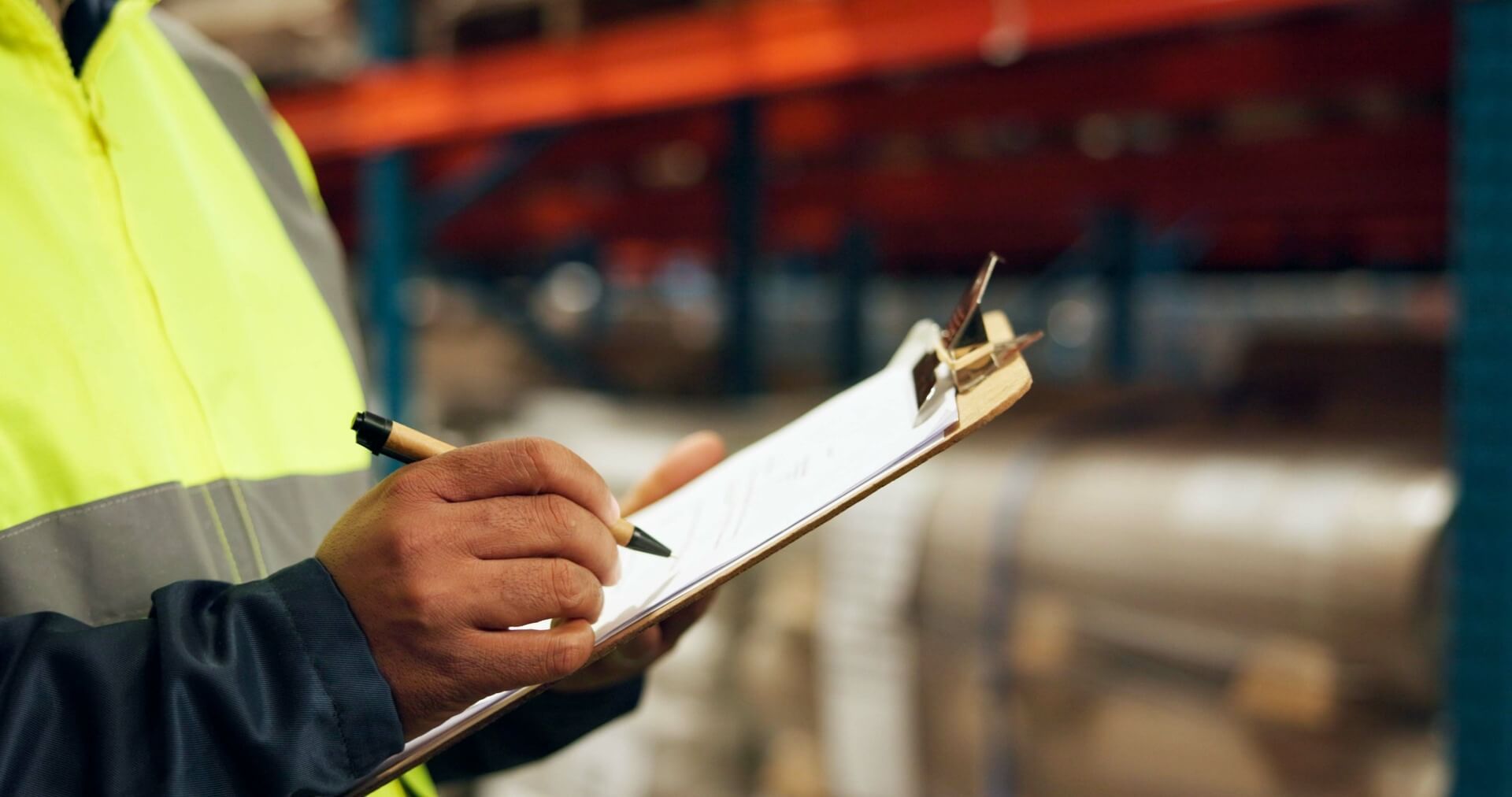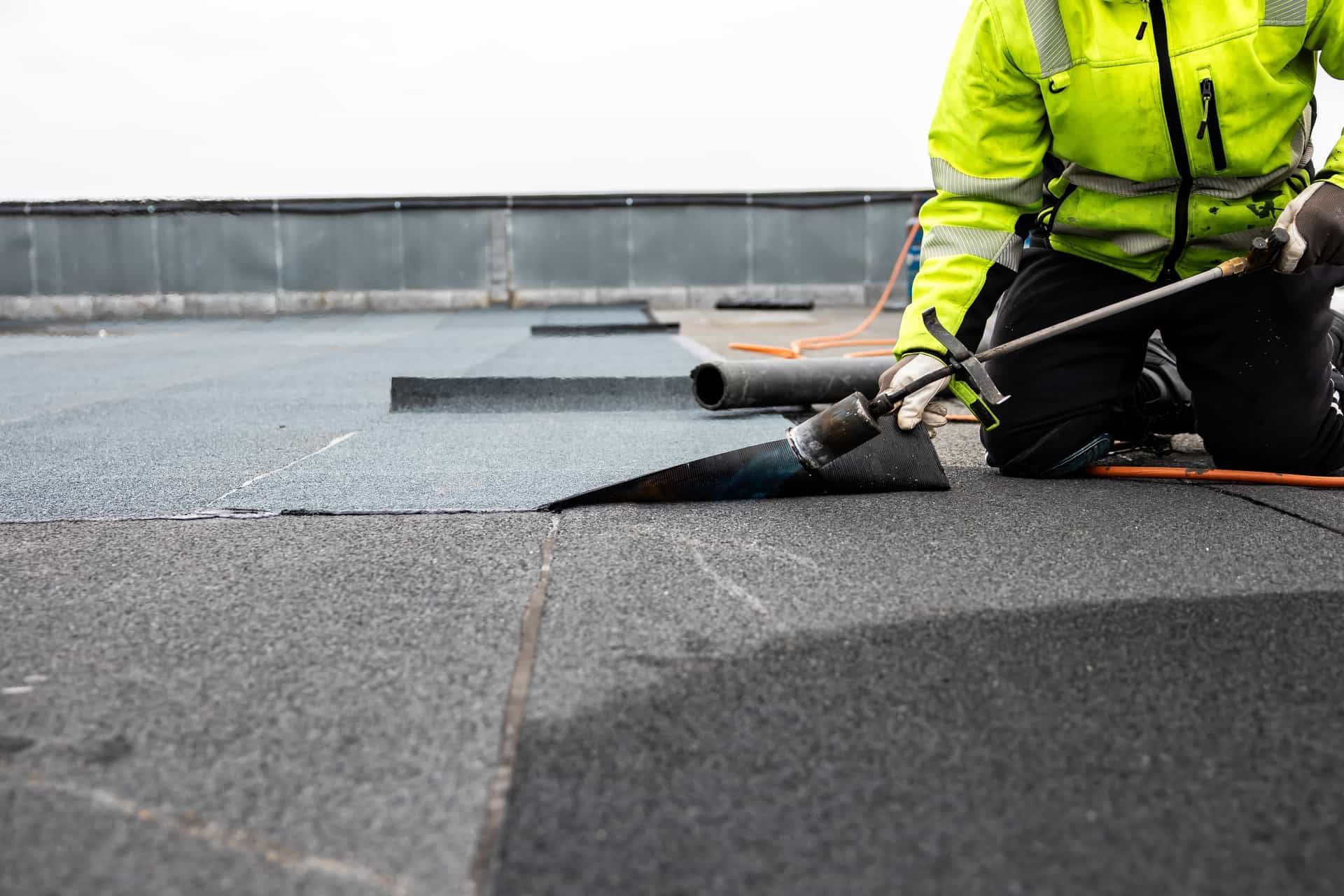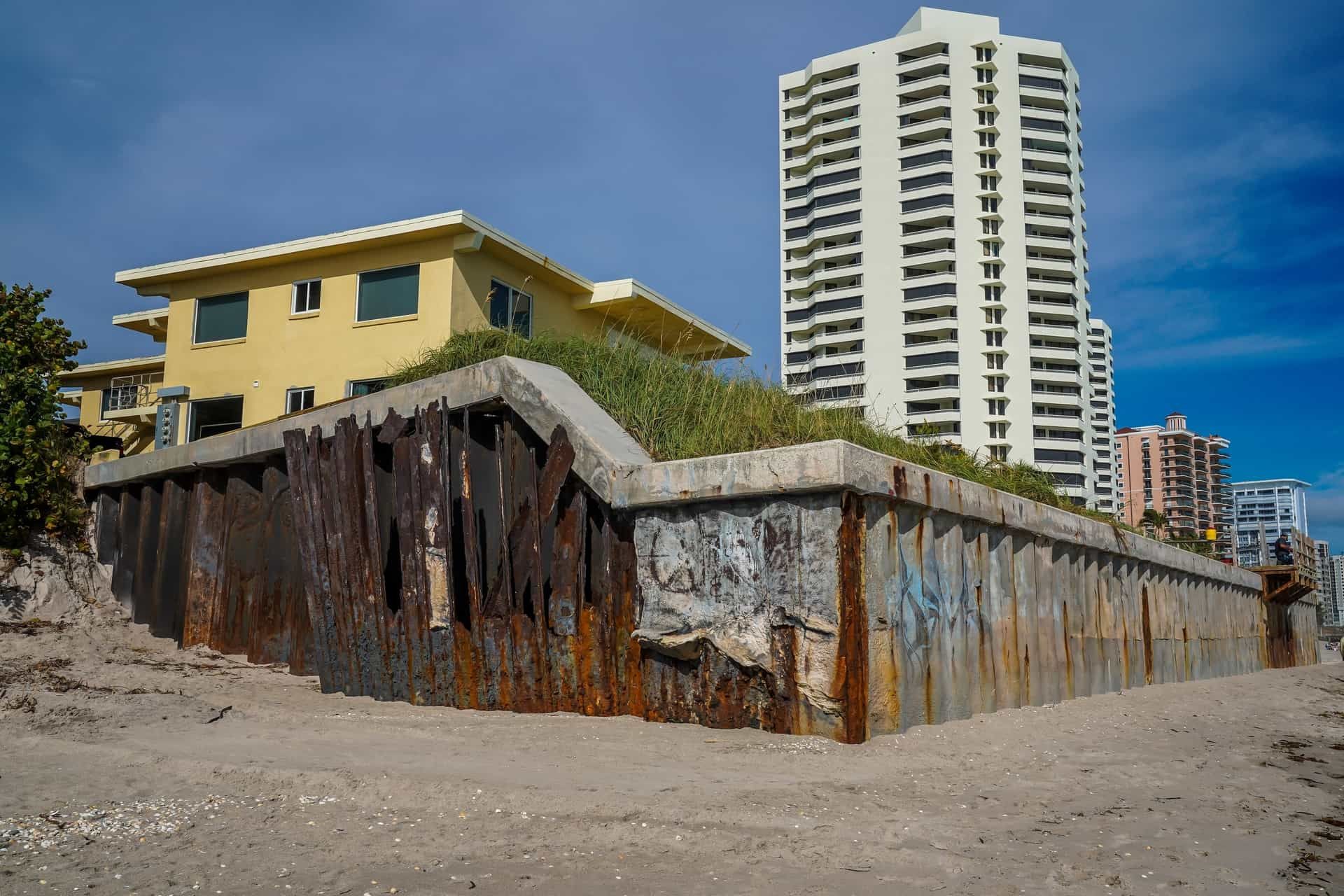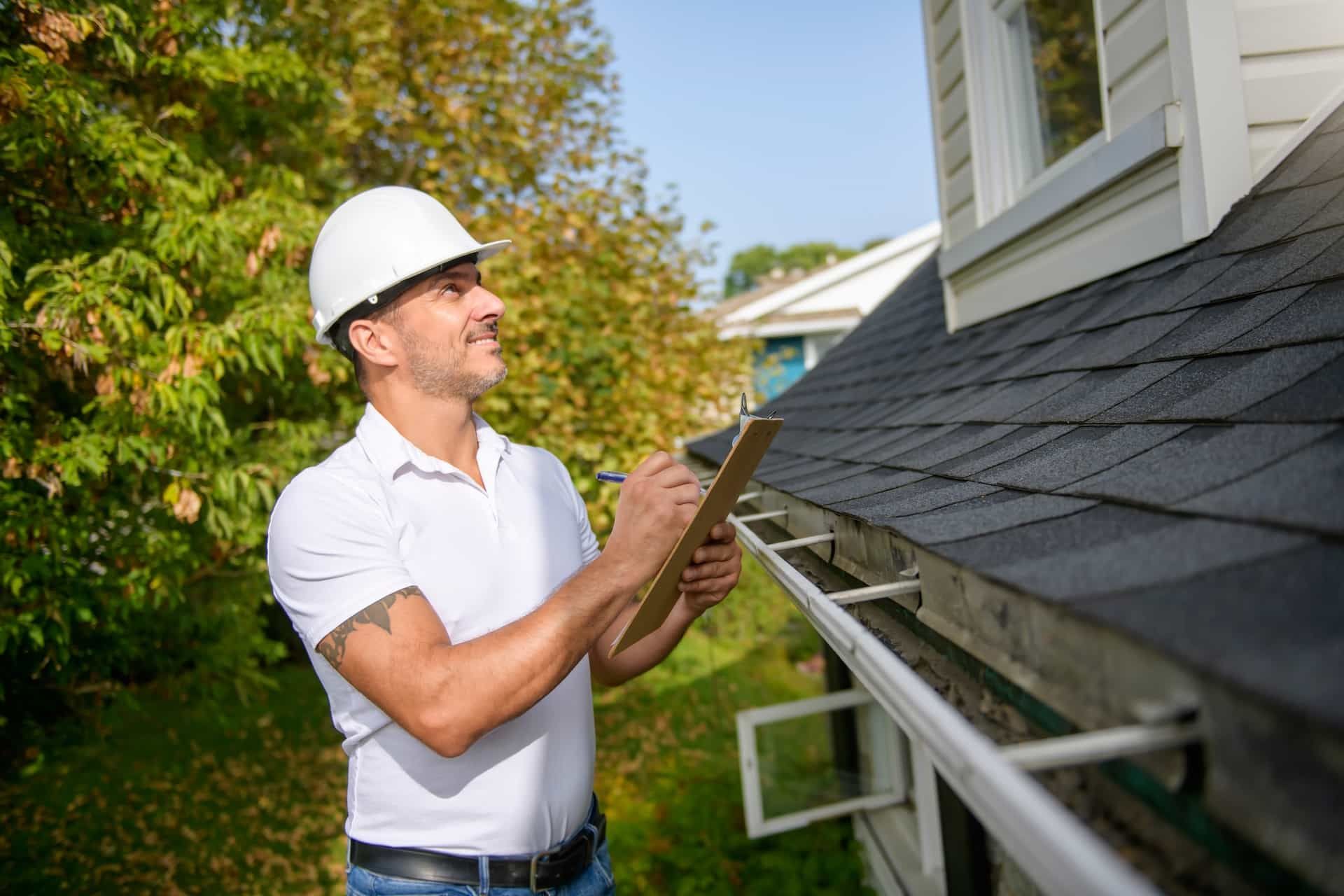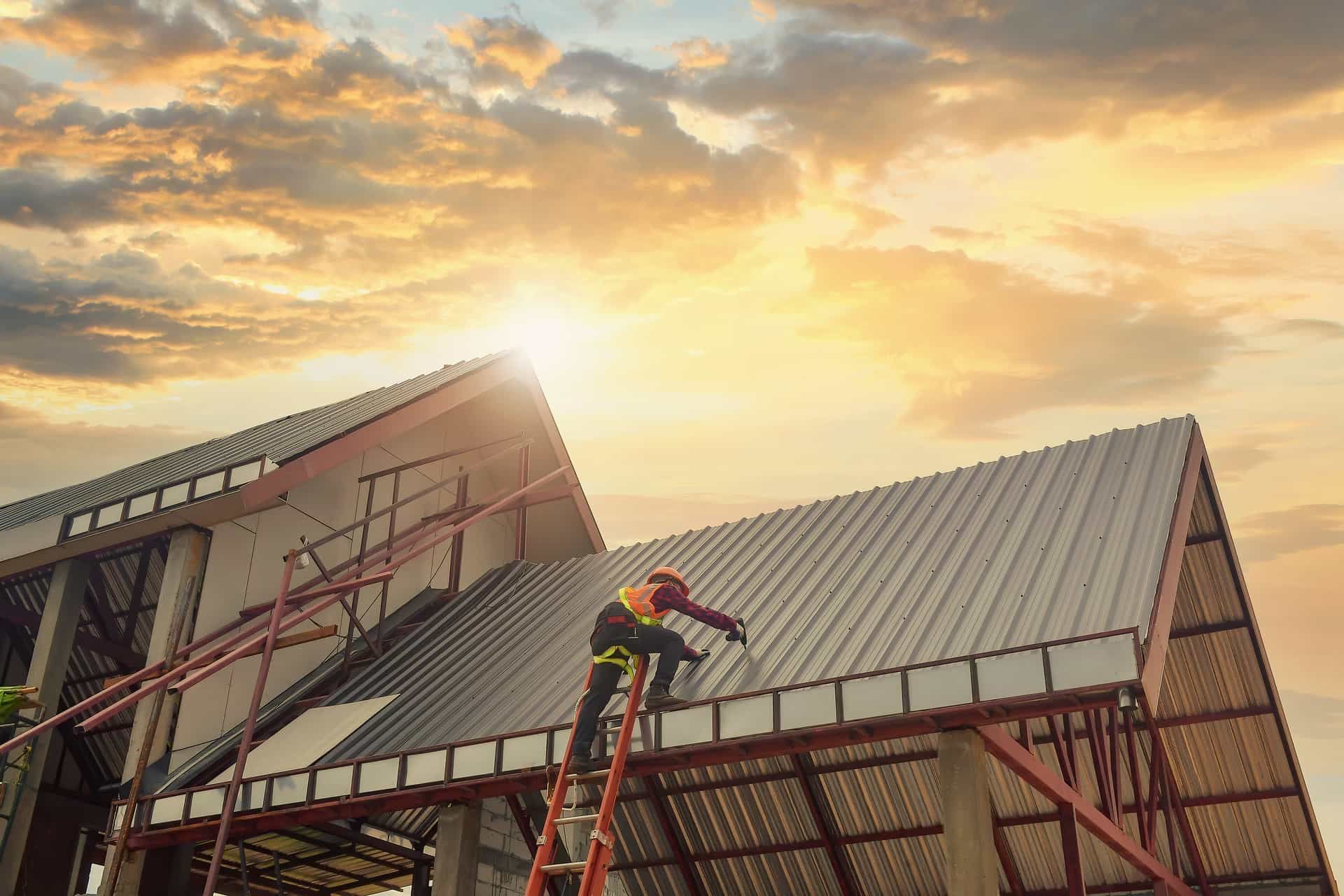What Are Home Inspectors Not Allowed To Do?
A home inspection is an unavoidable step in the process of buying a home. A qualified inspector has the expertise (and certification) to evaluate the condition of the property and provide you with a report that explains any issues present in the home.
What makes this report more valuable is the fact you can use it to renegotiate the price of the home, or if the issues are too serious, find a property worth your time and money.
However, as qualified as home inspectors are, they’re not superheroes. There are some things home inspectors can’t do for you, which is an important thing to bear in mind to keep your expectations in check.
More importantly, knowing about the limits of a home inspection can help you determine if you require other contractors for specific services.
So, what are home inspectors not allowed to do?
1. Offer Or Perform Repairs
According to InterNACHI codes, home inspectors have the right to refer you to third-party contractors. In fact, they often do this to save you time and money.
Yet, they’re not allowed to offer or perform the repairs themselves. This is especially important for home inspectors who operate a separate repair business as it protects consumers from fraud and ensures the inspection is conducted objectively.
Keep in mind that inspectors who also conduct repairs can take on repair work from a former client after 12 months have passed since the initial inspection.
2. Make Assumptions About Safety Hazards
Home inspectors are effective at what they do, but they’re not permitted to make any assumptions about safety hazards without performing an official test. Sure, they may be able to recognize some signs of a particular problem, but they’re not allowed to speculate.
The only exception to this rule is mold. Since it can be identified visually, the inspector can note down the presence of mold in the report without conducting a test first.
3. Inspect Unsafe Homes
Putting their safety in jeopardy fits the category of what are home inspectors not allowed to do. If an area of the home or the property looks unsafe or has visible safety hazards, the inspector is legally not authorized to proceed to the area until the owner of the property fixes the problem.
This wastes everyone’s time but it also helps protect all the parties involved - the inspector will avoid being injured, while you or the seller won’t have problems with liability.
4. Estimate The Home’s Value
It would certainly be beneficial if an inspector could fulfill the appraiser’s role during the home inspection, but sadly, this isn’t the case. Although they’re allowed to inform their clients on the condition of the structure of the home and its key systems, they’re prohibited from appraising the value.
Naturally, the inspector is within their rights to mention if certain issues can impact the property value, but they can’t make remarks on the price.
If you’re really concerned about the property value or you have a suspicion the home isn’t worth it, consult a professional appraiser.
5. Speculate On Local Building Codes
Building codes change all the time. Hence, it’s not uncommon for a particular aspect of a home to have been up to code at the time of construction but not at the present. Still, inspectors can’t make these guesses without conducting comprehensive research. As such, they are prohibited to speculate if some aspects of the structure comply with the current building code.
6. Speculate On Insurance Issues
Similarly, home inspectors must not make assumptions about any insurance-related matters. This is typically outside of their scope of expertise and may land them in legal trouble or cause them to lose their license. Hence, inspectors will refrain from expressing an opinion on the insurability of the property even if they discover an issue.
7. Comment On The Home’s Aesthetics
A home could practically be falling apart, but the inspector has no right to comment on its appearance. This is a strict InterNACHI rule which dictates that certified home inspectors should only make opinions on the condition of the home and its systems, but not its “looks”.
8. Identify Property Lines
There are cases where the seller is unsure of the property’s exact easements or boundaries. However, neither you nor the seller should ask the inspector to divulge this information. Rather, if there are uncertainties regarding the boundaries of the property, you should either file a request with the local tax department that can provide you with the exact property lines, or hire a land surveyor.
9. Move Furniture Or Objects In The Home
Even if they need to, moving personal property such as furniture is a part of the list of what home inspectors aren’t allowed to do.
Why is that exactly?
Simple - avoiding liability.
If the item gets damaged or inspectors get injured while moving a heavy object, they won’t suffer any repercussions for what occurred.
If you’re scheduling a home inspection as a seller, see to it that no objects are blocking access to the exterior or interior areas of the property. For example, if you have a couch blocking access to the attic, the inspector won’t check that particular part of the home and will likely make a note in the report that the area was inaccessible.
As a buyer, notify the seller when the inspector is arriving at their property and remind them to declutter the home beforehand.
Hire The Right Inspector
A home inspection will, without a doubt, benefit you. Still, knowing what are home inspectors not allowed to do allows you to keep your expectations realistic regarding the information you’ll learn by the end of the service. From there on, you can make an informed decision on additional contractors you may need to hire, including (but not limited to) surveyors and appraisers.
There’s only one question remaining - who will you hire?
If you’re buying a home in Florida, give
Certified Inspectors a call. With 30 years of experience in the real estate and inspection industry and a Certified Master Inspector® certification, you’ll be hiring a contractor you can always rely on to deliver an unmatched level of customer service.
Our prices are affordable, and due to our client-centric approach, you can expect unmatched professionalism and the most efficient inspection services on the market.
Book an inspection now - call
(561) 570-6311 or
fill out our contact form and we’ll be happy to assist you.
Disclaimer: The information on this website and blog is for general informational purposes only and is not professional advice. We make no guarantees of accuracy or completeness. We disclaim all liability for errors, omissions, or reliance on this content. Always consult a qualified professional for specific guidance.
Share the post:

